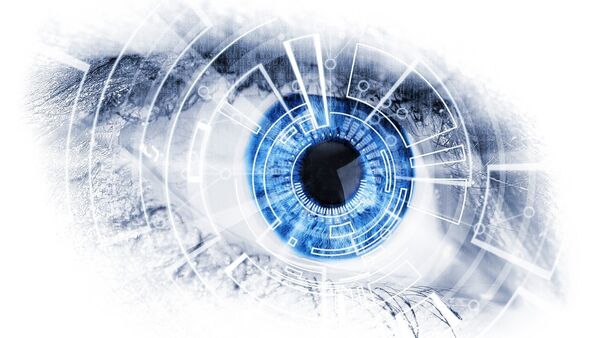Could this be our future? A world where robots carry out jobs to the same level as, if not a hundred times better, than human beings?
Workplace automation is a reality and replacing humans with machines has been going for some time now. This global trend, caused by the onset of the Fourth Industrial Revolution of the mid-twentieth century, where humans made way for AI, is rapidly picking up.
#Robots threaten up to two thirds of developing country #Jobs, but could be an opportunity too. READ Policy Brief: https://t.co/X0AemhTcLa pic.twitter.com/2hFy99tM4n
— UNCTAD (@UNCTAD) November 8, 2016
Word Economic Forum (WEF) experts say that in 2020 there will be seven million jobs less than there are now due to automation. Oxford University experts warn that 20 years from now, 39 percent of people will lose their jobs — also because of AI.
Jorg Mayer, UNCTAD senior economic affairs officer at the Division on Globalization and Development Strategies, has told Sputnik that robots are coming, however predictions of them replacing humans in every single job sector aren't necessarily correct.
"The outcome is very much the result of the construction of the [job] sector. The reason for this is that the economic visibility of automation depends on the activities that are performed. This is because these activities need to be translated into software and this translation is easier for some activities then [it is] others," Mr. Mayer told Sputnik.
Mr. Mayer believes that we will see much less effect on the furniture, shoe and apparel sector than the automobile or energy industries.
The impact of robots, according to him, is also country specific.
"The least affected regions are countries in Sub Saharan Africa, as they are in an early stage of industrialization. In Mexico, for example, there will be a stronger effect in the automation sector and much smaller effect in apparel," Mr. Mayer said.
"[The Fifth Revolution] is already underway and it has been for a while, the feasibility of replacing a human worker should depend on the wage of the worker.
"A repetitive job in the apparel sector will have a lower wage then in the automobile sector… so it is already happening and it has been happening for a while," Mr. Mayer told Sputnik.
But the question remains, will every sector see humans replaced by machines?
Mr. Mayer believes that dystopia is a long way off and in fact, we should be thinking more about the vast amount of new possibilities and job opportunities that will be created as a result of robots.
"Robots will effect only [some] jobs and the question is how many more employment opportunities will be created elsewhere in the economy? It's certainly an issue of improving the safety net, as there will be an issue, at least in the transitionary period of unemployment."
One has to remember however, according to Mr. Mayer, that this is not the first time people have feared a robot revolution. During the industrial revolution, employees were fearful for their jobs, however what they found was that the use of machines allowed for the creation of employment elsewhere.
"[You need someone] to produce the robots, you have to invent the robots, design the robots and even then you will have jobs. One should not forget the service area, where I think a large number of people still preferred to be served by human beings rather than robots, so I think this will increase rather than shrink so, I think that we will maintain a number of employment opportunities and activities for humans," Mr. Mayer said.
So, predictions for the future aren't so grim, not all jobs will be lost and the use of robots is industry and sector specific. The most surprising and significant part of this, is the fact that perhaps robots could allow for the creation of jobs elsewhere, which would put to rest the belief that we are heading into a dystopian society.




